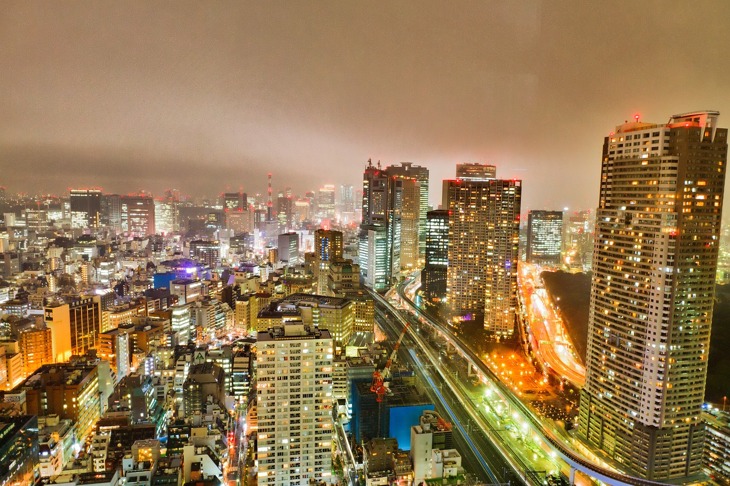The report states that Singapore and Tokyo have gone against the general trending decline of price growth around the world. “In Singapore, recovery is a consequence of rising foreign demand and high land bids by developers, which has fed through to new-build prices,” said Kate Everett-Allen, Knight Frank head of international residential research.
SBR.com says that Singapore has introduced new macro-prudential measures into the residential market, leading to investors ruing the rise in property market regulation. However, these, in many cases "will add to their bottom line in the form of purchase or disposal taxes,” added Everett-Allen.
Concurrently, prime prices in Tokyo grew by 9.4%. This growth is said to be linked to economic sentiment, the city’s relative value compared with Hong Kong and Singapore, and investment ahead of the 2020 Olympic Games. Meanwhile, luxury home prices in Beijing (+7.3%) and Shanghai (+3.3%) currently are at mid-table. “China’s decision to pare back its housing subsidy program will have an impact on mass market sales in smaller cities, but we expect luxury price growth in first-tier cities to persist." - commented Everett-Allen.
Across 20 cities that Knight Frank track all around the world, the average growth of prime prices sunk to 4.2 percent from the previous record, which was 6%.
"With the cost of finance set to rise in a number of markets, more stringent cooling measures being imposed, and slower growth in China’s first-tier cities, lower price growth will characterize the overall results of the Index for some time to come.” - closed Everett-Allen her analysis of the situation.
